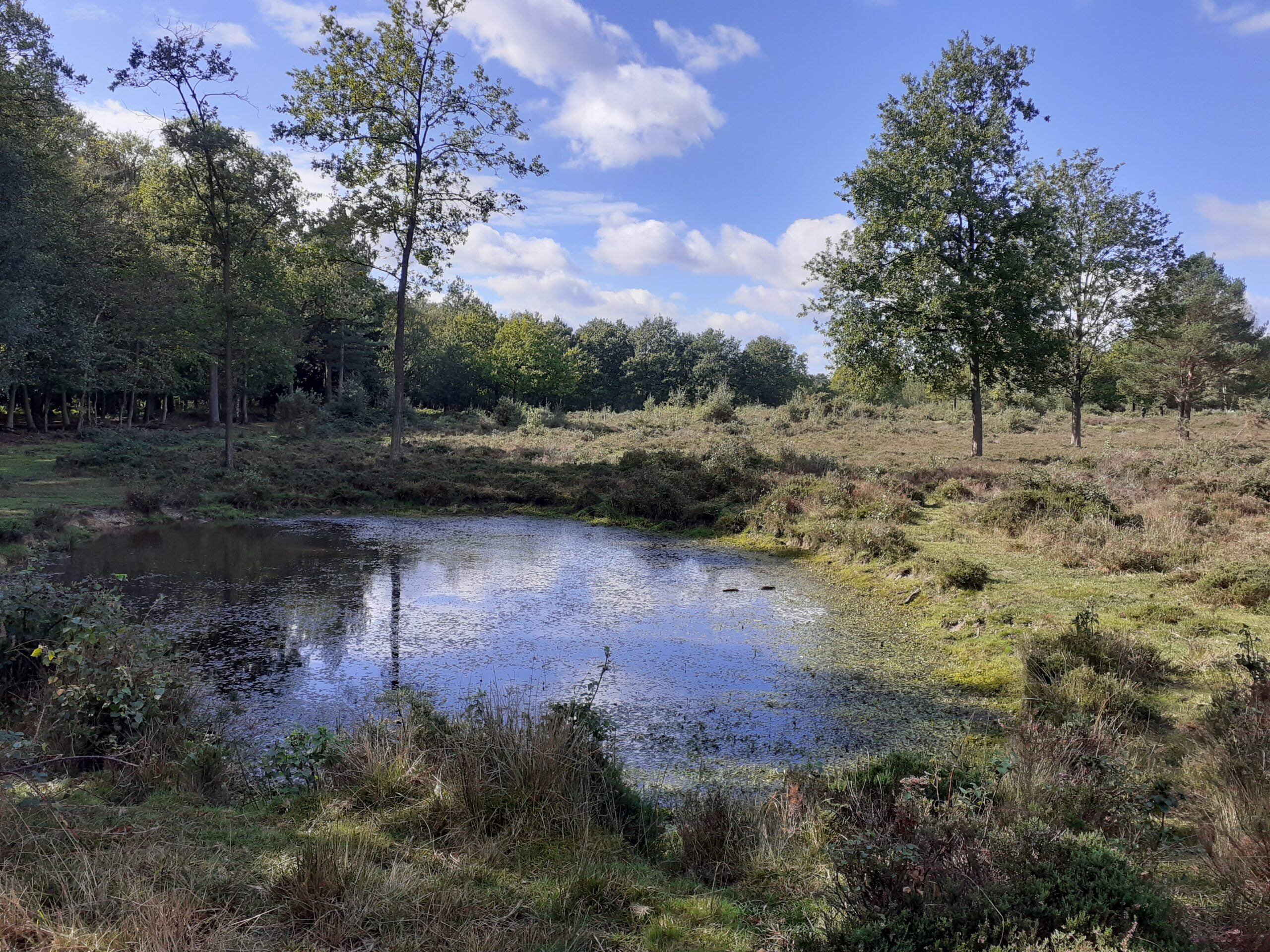
BNG is an approach to development that makes sure that habitats for wildlife are left in a measurably better state than they were before development. In England, BNG is mandatory following the Environment Act 2021. Development must deliver a BNG of 10%, resulting in more or better-quality natural habitat than there was before development. In Wales and Scotland, a policy-driven approach is taken, with Scotland considering a metric and Wales opting for a qualitative assessment of Net Benefits for Biodiversity.
TEP is a multi-disciplinary company and has been delivering BNG on a wide variety of projects for many years. BNG requires collaboration between ecologists, landscape designers and managers, arborists, GIS specialists and environmental planners; and TEP’s BNG team has all these skills in-house. We provide baseline habitat assessments, Statutory Metric calculations, landscape design to meet the mandatory 10%, Biodiversity Gain Plans, Habitat Management and Monitoring Plans (HMMP) and support for clients needing to secure off-site solutions through habitat banks.
TEP also supports landowners including private estates and Local Authorities to understand current biodiversity provision and opportunities for enhancement. Our strategy and feasibility studies start with a baseline habitat and condition assessment of existing land holdings; this can be completed through practical site assessment and/or by our bespoke desk-based HabiTEP system, when an understanding of large geographic areas is required. Once habitat baselines are understood we then explore opportunities to enhance existing biodiversity, working with clients and landowners to increase biodiversity provision whilst ensuring gains are realistic and achievable. Our BNG service is supported by cost models to understand biodiversity unit return against expected financial outlay over 30 years. Our BNG expertise also dovetails with our carbon assessment and water security services providing a holistic approach to environmental net gain.








